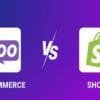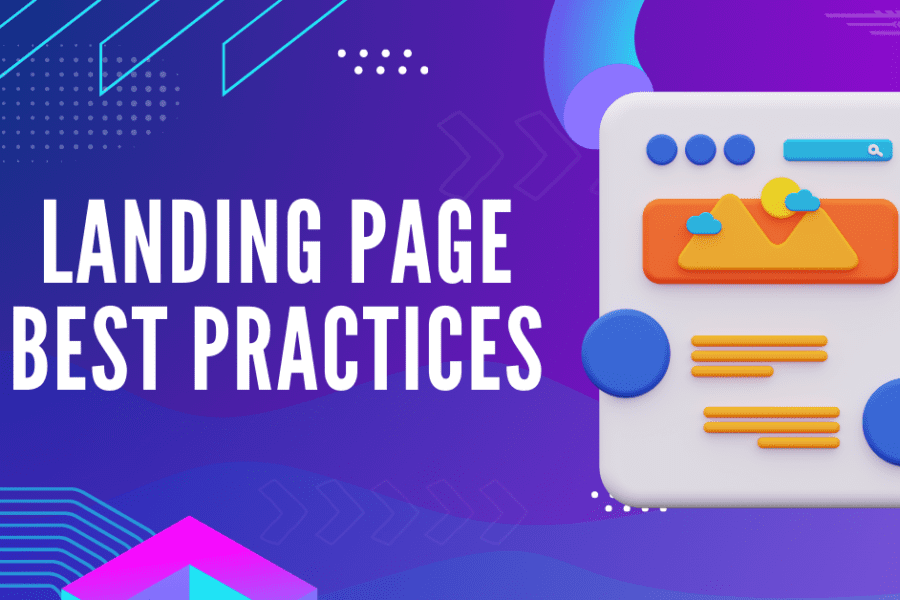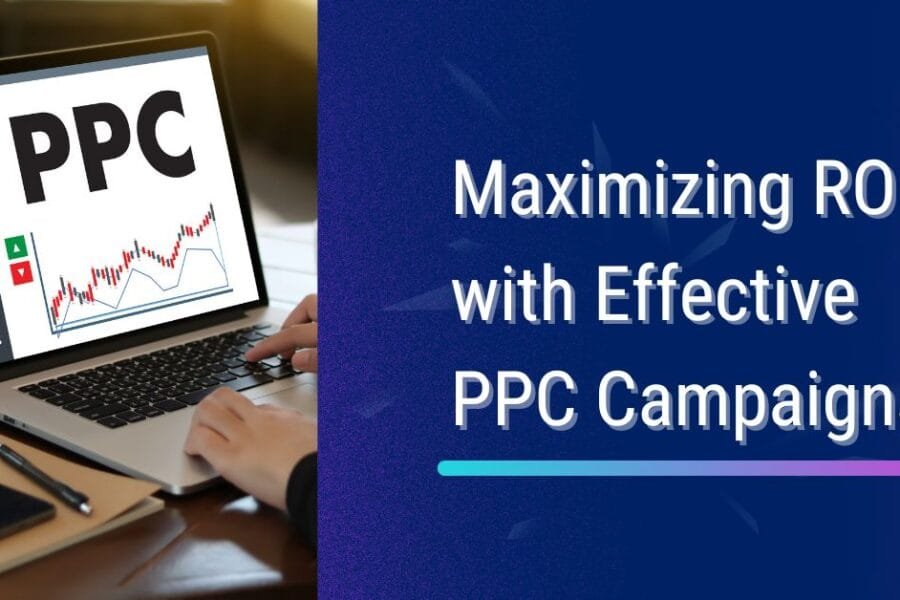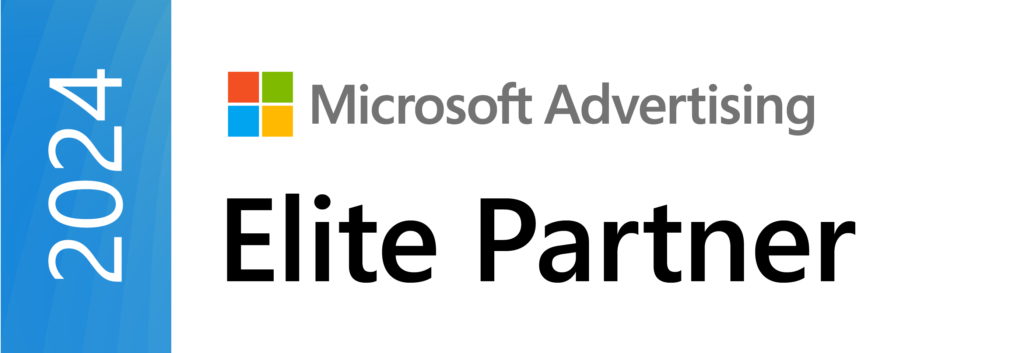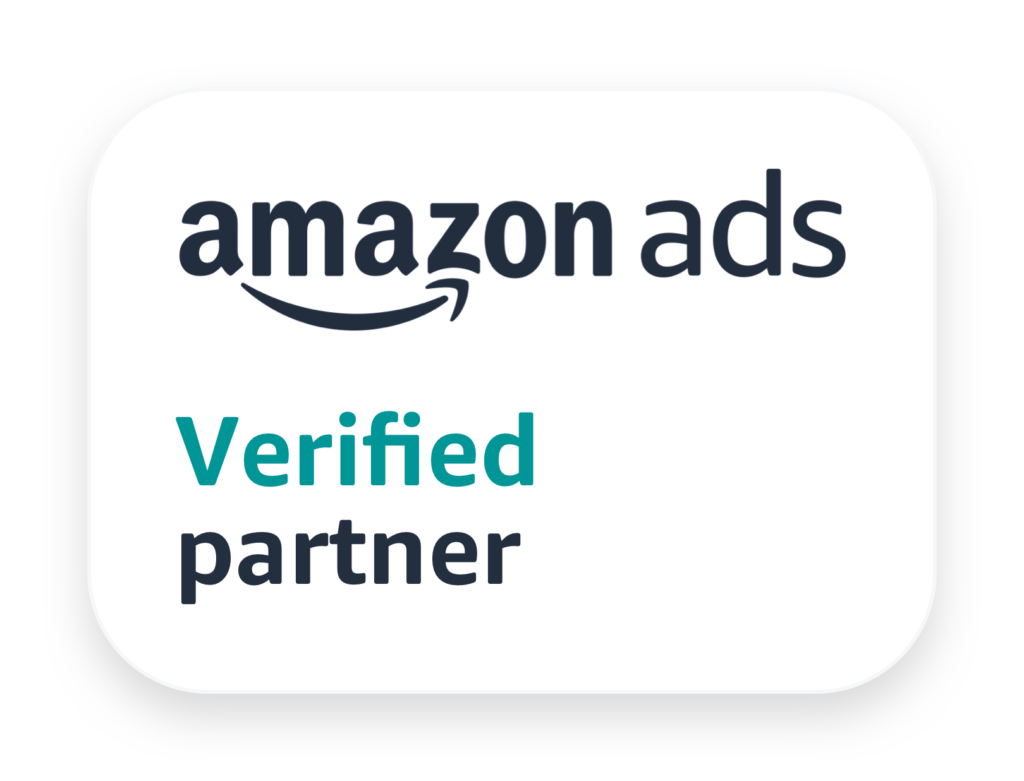Hey there, ecommerce entrepreneurs! If you’re diving into the world of online advertising, you’ve probably found yourself in the middle of the great Google Ads vs Facebook Ads debate. It’s a hot topic in the digital marketing world, and for good reason. Both platforms offer powerful tools for reaching potential customers, but they each have their own strengths and weaknesses. Let’s break down this Google Ads vs Facebook Ads showdown and see which might be the best fit for your online store.
Google Ads vs Facebook Ads: A Quick Look
Before we dive into the nitty-gritty of Google Ads vs Facebook Ads, let’s quickly introduce both:
- Google Ads: The search engine giant’s advertising platform, known for its ability to capture high-intent searchers.
- Facebook Ads: The social media powerhouse’s ad system, famous for its detailed audience targeting options.
Google Ads vs Facebook Ads: Key Differences
When comparing Google Ads vs Facebook Ads, it’s crucial to understand how they differ in approach:
- User Intent:
- Google Ads targets people actively searching for products or services.
- Facebook Ads reaches people based on interests and behaviors, even if they’re not actively shopping.
- Ad Formats:
- Google Ads offers text ads, shopping ads, and display ads.
- Facebook Ads provides image ads, video ads, carousel ads, and more.
- Targeting Options:
- Google Ads focuses on keywords and search intent.
- Facebook Ads excels in demographic and interest-based targeting.
Google Ads vs Facebook Ads: Pros and Cons
When deciding between Google Ads and Facebook Ads, it’s important to understand the strengths and weaknesses of each platform. Here’s a closer look:
Google Ads: Pros and Cons
Pros:
- Captures High-Intent Buyers
Google Ads targets people who are actively searching for something specific, meaning they likely have a strong intent to buy. For example, if someone searches for “best running shoes,” your ad for running shoes can show up, increasing the chances of a purchase. - Massive Reach with Billions of Daily Searches
Google handles billions of searches every day, giving you access to a huge audience. It’s a powerful way to get your product or service in front of potential customers at the right time. - Diverse Ad Formats
Google Ads offers different types of ads, from text-based search ads to visual display ads and even video ads on YouTube. This variety allows businesses to choose the best format for their goals and audience.
Cons:
- Often More Expensive Due to Competition
Since so many businesses use Google Ads, bidding on popular keywords can get very expensive, especially in competitive industries like finance, law, or e-commerce. - Can Have a Steeper Learning Curve
Setting up effective Google Ads campaigns can take time to learn. Between keyword research, bidding strategies, and ad optimization, it may be challenging for beginners to get good results quickly.
Facebook Ads: Pros and Cons
Pros:
- Precise Audience Targeting
Facebook Ads allows you to target users based on a wide range of factors like age, location, interests, and behavior. You can even create “lookalike” audiences to reach new people who are similar to your existing customers. - Visual-Friendly Ad Formats
Facebook is a very visual platform, so it’s ideal for ads that showcase products with images or videos. If your product looks great in photos or videos, Facebook Ads can help you capture attention. - Great for Brand Awareness
Even if people aren’t ready to buy immediately, Facebook Ads are great for building brand awareness. You can put your brand in front of a large, relevant audience and stay top-of-mind for when they are ready to make a purchase.
Cons:
- Users May Have Lower Purchase Intent
Unlike Google, where users are actively searching for something, Facebook users are usually browsing their feed for social updates. This means they may not be in the mindset to make a purchase when they see your ad. - Ad Fatigue Can Be an Issue
Because Facebook Ads are so targeted, users can end up seeing the same ads repeatedly, leading to ad fatigue. When this happens, people start ignoring your ads, making them less effective over time unless you frequently refresh your creative.
Choosing Between Google Ads vs Facebook Ads
When deciding between Google Ads vs Facebook Ads, consider these factors:
- Product Type:
- Choose Google Ads for products people actively search for.
- Opt for Facebook Ads for visually appealing or lifestyle products.
- Budget:
- Google Ads can be pricier but may yield faster results.
- Facebook Ads are often more budget-friendly to start.
- Goals:
- Use Google Ads for driving immediate sales.
- Choose Facebook Ads for building brand awareness and engagement.
- Audience Knowledge:
- Google Ads requires understanding of search behavior.
- Facebook Ads needs insight into audience demographics and interests.
Google Ads vs Facebook Ads: The Final Decision
When comparing Google Ads and Facebook Ads, there isn’t a clear winner for everyone. The best option depends on what your business needs. Here’s a simple guide:
- Choose Google Ads if you’re selling products people search for often, and you want to get quick sales.
- Go with Facebook Ads if your goal is to build brand awareness, show off visually appealing products, or reach a very specific audience.
Beyond Google Ads vs Facebook Ads: Why Not Both?
Remember, you don’t have to choose between Google Ads and Facebook Ads. Many successful online businesses use both together as part of a strong digital marketing plan. Here’s how:
- Google Ads can help you reach people who are already searching for your product, ready to buy.
- Facebook Ads can help you build brand awareness and attract new customers who might not be searching yet.
Your Google Ads vs Facebook Ads Game Plan
- Start Small: Begin by testing both Google Ads and Facebook Ads with a small budget.
- Track Results: Use analytics to monitor which platform works best for your business.
- Be Patient: Allow your campaigns time to gather data and improve performance.
- Keep Learning: Stay updated on new features and strategies for both platforms.
Whether you go with Google Ads, Facebook Ads, or both, the key to PPC success is regular testing and optimization. Dive in, experiment, and find out which platform delivers the best results for your business!



